The term “clickbait” arose on the internet as a means to describe a title – be it for an article, blog post, YouTube video, etc – that, generally speaking, over sensationalizes, over promises, or misleaders those who read or watch the content it houses.
The concept behind clickbait is not nearly as new as the web itself, however. Magazines, newspapers, book titles, TV news programs, and other forms of media have been over-hyping headlines and titles for quite a while now at this point.
You may be wondering why I am beginning a book review post with a brief overview of clickbait. The reason lies in the fact that I generally approach books with certain phrasing in their titles with a generous pinch of salt.
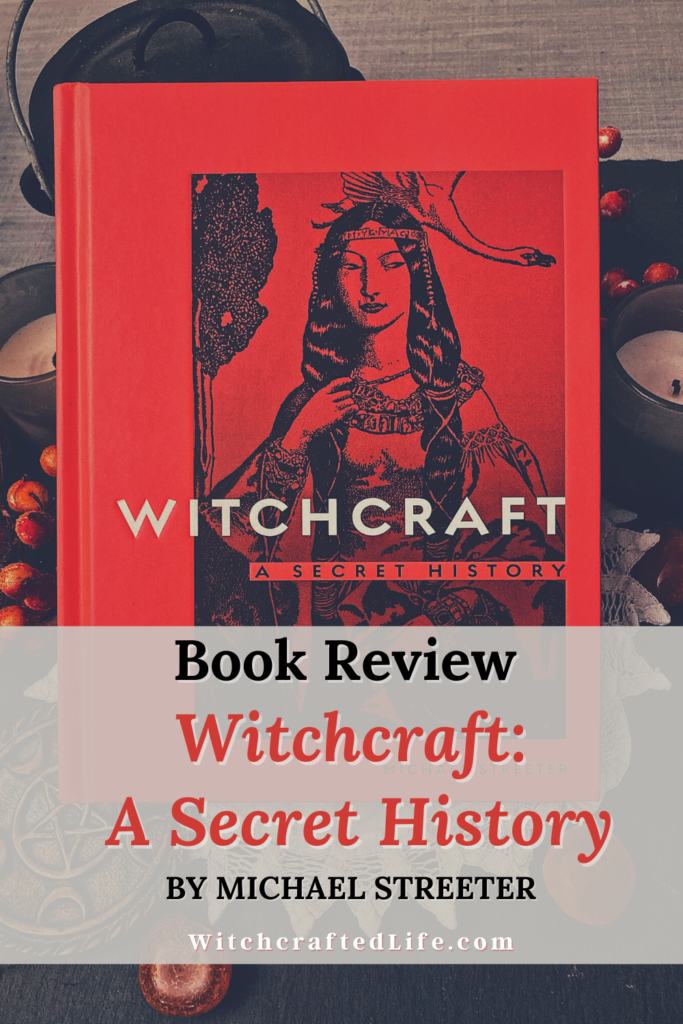
“Secret History” of just about anything is one such term that I try to view with an open mind, keenly aware all the while that it may be used as a marketing tool.
Note, I said “tool”, not ploy. In many cases, I do not believe there is genuinely ill intent on the part of either the author or the publisher.
Rather, knowing the psychology of marketing, they realize that certain keywords will draw readers in and make them more apt to purchase an item.
After all, who doesn’t want secret knowledge on just about any topic – let alone one they likely already have an interest in?
The irony is that, even if the proverbial tea was spilled for the first time publicly on a given subject, once it is out there in print (or another media) form, the secret element largely vanishes.
For much of human history, and certainly in many respects to this day (despite what social media might have you believe), witchcraft was frequently done in secret – whether by choice or necessity.
And that fact alone makes the inclusion of the word “secret” in the title of the book we will be exploring here more apt than if it were present in relation to a fair number of other topics.
Released in 2020, Witchcraft: A Secret History by Michael Streeter takes a captivating look at the origins and dynamic, often turbulent history of witchcraft from ancient times straight on to the 21st century.
Book Specs
Name: Witchcraft: A Secret History
Author: Michael Streeter
Page count: 256
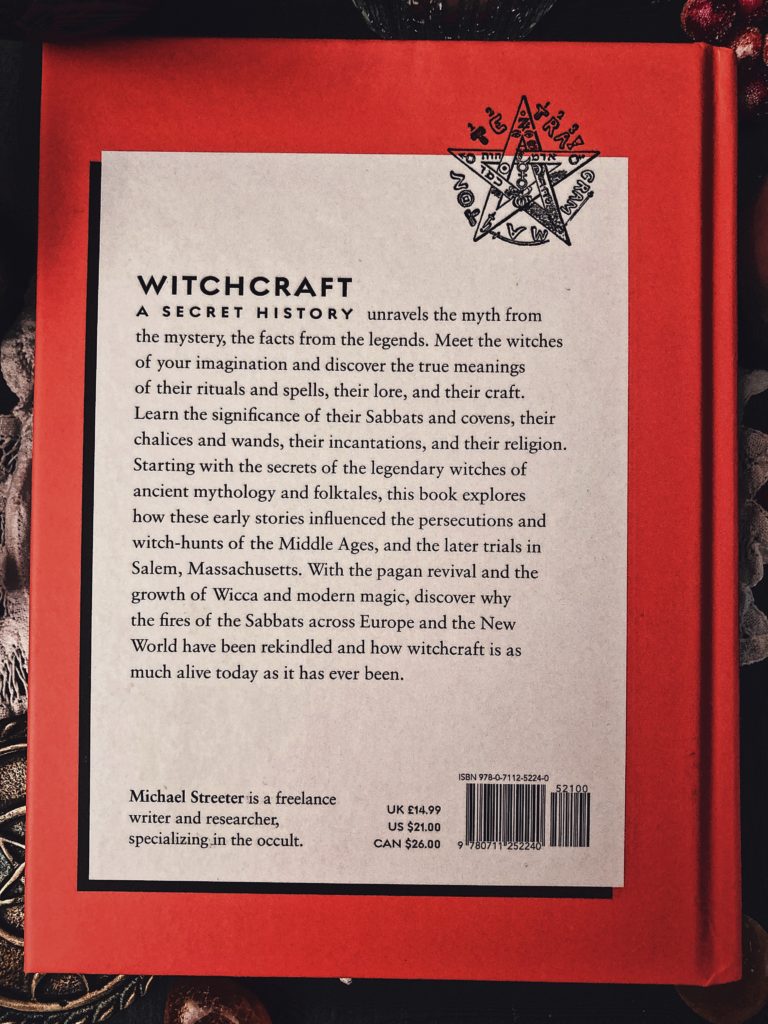
Publisher: White Lion Publishing (an imprint of Quatro)
Binding: Hardcover (this book is also available in paperback)
No secrets, but plenty of interesting facts and viewpoints
Like many of us, some of the first books pertaining to the craft that I cut my witchling teeth on focused primarily on the history of witchcraft.
As a budding Pagan witch living in a modest-sized town during the 1990s, there wasn’t a ton of literature to be had on witchery and Paganism at either my school’s library or our town’s public library.
Unsurprisingly, of the two, the public library offered up moderately more titles. I read every single one from both sources and anything else I could my hands on that even faintly pertained to witchcraft and/or Paganism.
In the ensuing decades, I have read scores of books on a huge range of witchery, occult, Paganism, astrology, tarot, and other related topics – including plenty that focus on the history of witchcraft.
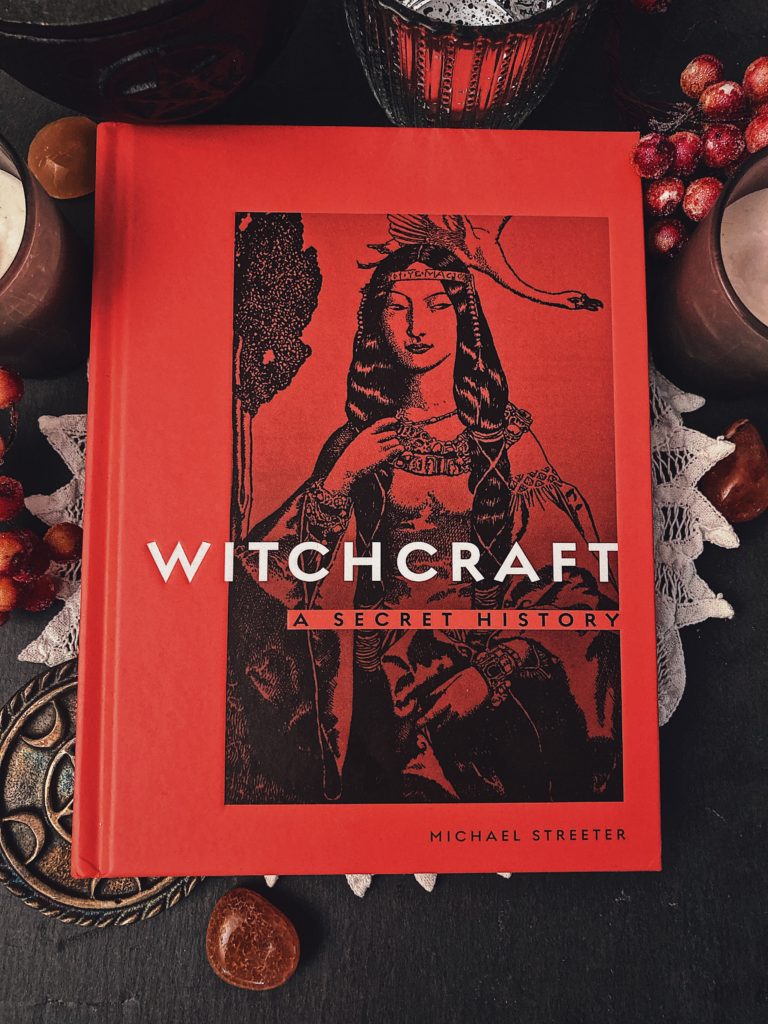
I’m always game to give a new (or new to me) title on this subject a shot. When I spied Witchcraft: A Secret History on sale in 2020 for an absurdly low price, I leapt at the chance to add this particular look at the history of witchcraft to my own personal library.
This book was penned by a British writer and TV researcher named Michael Streeter who has over thirty years of experience working in newspaper journalism (he is a former editor, for example, of the Scottish Daily Express newspaper) and who has extensively researched and written about a wide range of subjects, including the occult.
I do not know – and make zero assumptions about – if Mr. Streeter is a witch, Pagan, or otherwise occult inclined individual or if this is simply an area of study that tickles his fancy.
As you might guess based on the title, this is not a “how-to” book pertaining to witchery, spellwork, or the like.
Witchcraft: A Secret History is, as its name implies, a history of witchcraft. However, various topics such as the sabbats, certain types of witches tools and attire, covens, and other elements that pertain to how some 21st witches and Wiccans practice their craft are touched on in this book as well.
This book is divided into three sections, each of which houses a few chapters. They are as follows:
The Ancient World
-The Dawn of Witchcraft
-Powerful Goddesses, Powerful Witches
-Magic and the Birth of Christianity
-European and Northern Witchcraft
-The Wheel of the Year
The Medieval World
-The Rise of Christianity
-The Burning Times
-Witches Tools
-New World, Old Horrors
-Salem: A Town Possessed
-The Magic Circle and Pentagram
The Modern World
-The Survival of Witchcraft
-The Birth of Wicca
-Covens
-Wicca Goes West
-Witchcraft Now and in the Future
-What Witches Believe
Each of these chapters is further broken down into multiple subsections, meaning that the space devoted to a given topic is rarely vast, yet as a collective whole, the body of information presented is well structured and provides readers with a generalized look at the history of witchcraft.
Across the span of Witchcraft: A Secret History, the author delves deep into a wide range of topics. Myth and lore, known history and contemporary witchcraft all find their way into this hardcover book’s pages.
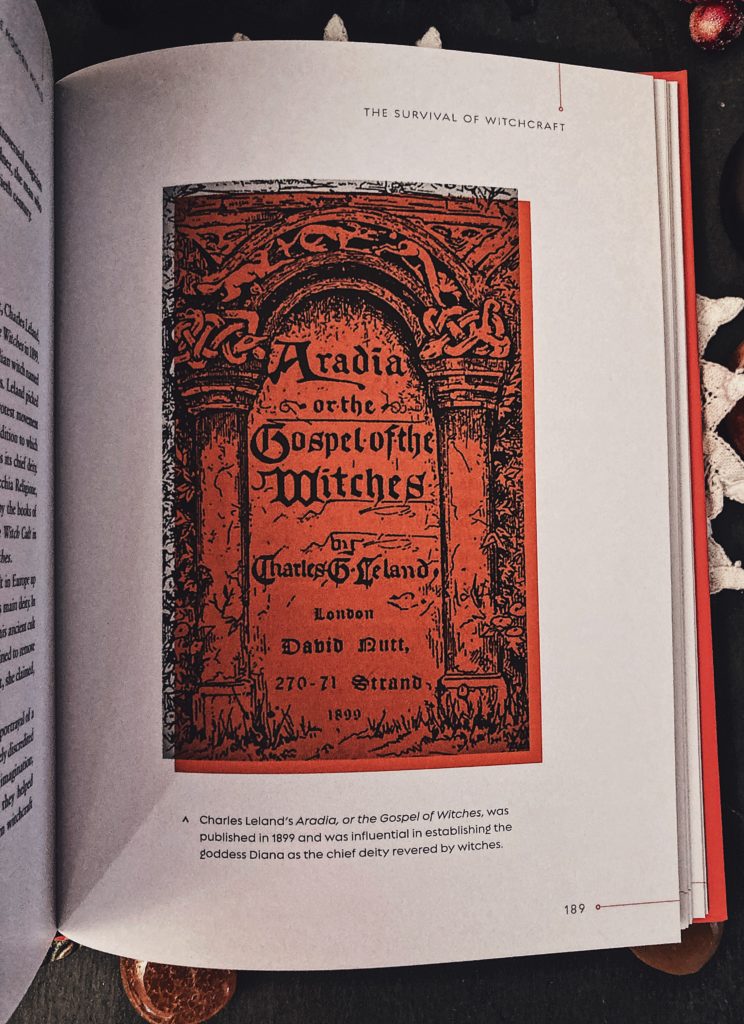
Perhaps hoping to tap into the long-standing connection that exists both in the popular imagination and in real life between Halloween/Samhain and witches, this book features just two colours of ink throughout: black and orange.
The wealth of historical images that Witchcraft: A Secret History houses are rendered in orange, black, and the white paper of the pages themselves. (Both the front and back cover of this book share this same colour palette.)
This approach creates a visually captivating, exciting array of images that draw you and hold your attention as they do so.
And while I enjoyed and was not put off by this two-colour approach, at times I felt it might have highlighted the seriousness of the important historical topics at hand had the images appeared either solely in black in white or in full-colour illustrations.
There is, naturally, a finite amount of information that one can pack into 256 pages. I knew going into Witchcraft: A Secret History that this was not likely to be the most detailed or extensive book that I’ve ever read on the history of witchcraft.
However, Streeter took full advantage of the space allotted to him and wasted no time in presenting us with an engaging summation of the history of witchcraft, as well as touching on topics such as “What is Witchcraft?” (which as he notes, is not an easy question to answer), “Folk Magic”, (the) “Mother Goddess”, and many other areas pertaining to the craft.
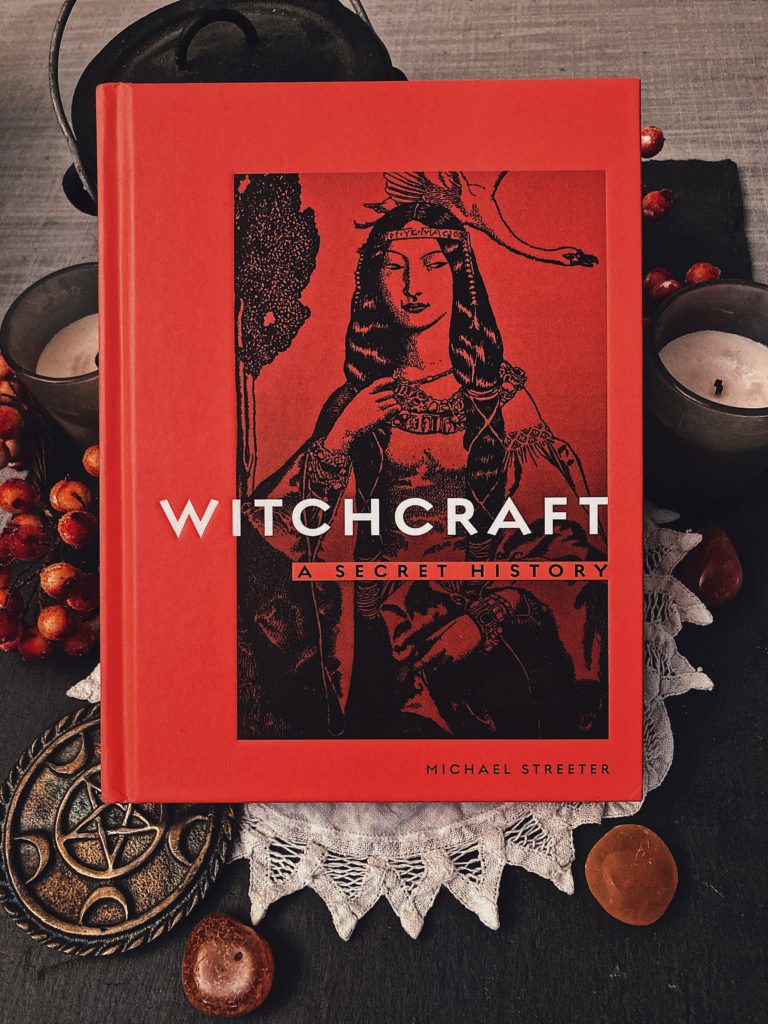
This book explores the fact that witchcraft – both as that word was intended in times past and in the present day – has been with humanity for a very long time.
Throughout Witchcraft: A Secret History, we rub shoulders with a wide range of historical and mythical features. From the Witch of Endor to Circes, the ancient Druids to key figures in the development of Wicca and, by extension, modern witchcraft in general, such as Aleister Crowley, Gerald Gardner, and Raymond Buckland.
Beyond the scope of names and dates of the sort one would expect to find in a history book, Streeter presents a fair and empathetic look at the prejudices, persecution, misunderstandings, and wholly unjustified reputation that witchcraft has often been subjected to over the centuries.
Along the way, the author also highlights how certain early deities and mythological figures (for example, the Sumerian Lilitu who is believed to be the prototype for the Hebrew Lilith) have managed to not only survive, but take on new forms over the years, including in terms of the roles that they currently play in the lives of some modern-day witches/Wiccans/Pagans.
As is often the case with books pertaining to the history of witchcraft, this title focuses primarily on how this subject relates to Europe and North America.
If you are seeking a broader global look at the history and origins of witchcraft/sorcery/magick from other parts of the world (such as Africa, for example) you will need to look elsewhere to find it.
While I wouldn’t say that Streeter goes out of his way to make this point, it is important to keep in mind when engaging with anything relating to its history that witchcraft, as it is practiced today by many, is not a directly continuous act that has been carried out in the exact same way since the dawn of civilization.
The manner in which some modern witches around the globe practice witchery and what this act means to them may not always be the same as that of our forewitches.
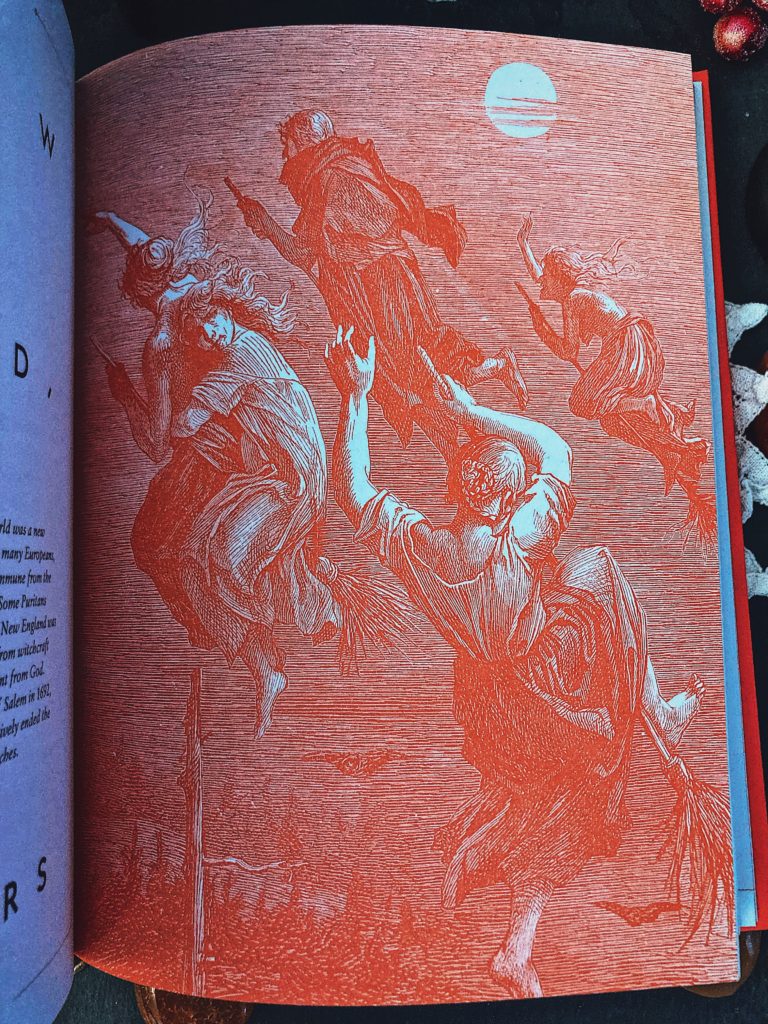
Many individuals whom we, through the lens of the 21st century, label as witches may not have identified as such in their own time.
They might have been healers, midwives, shamans, cunning folk, herbalists, or other designated individuals, but, again, may not have described or viewed themselves as witches in the way that we generally use and understand that word today.
The concept of yesteryear individuals merrily marching en mass under the banner of witchery is at best a highly romanticized version of the past and at worst, a great disservice to the people and their beliefs that helped to lay the path to modern-day witchery.
Not to mention an affront to those who were accused, often falsely, of practising witchcraft as it was negatively perceived at the time through a highly religious lens.
How Witchcraft: A Secret History by Michael Streeter rates with me
As I suspected going into it, Witchcraft: A Secret History is not chock-a-block with secrets that have been hidden for countless years. No lids – be they of caldrons or otherwise – are blown off in this book.
Those who have been studying the history of witchcraft for a while may find that they’re familiar with much, if not all, of what is covered throughout its pages.
This is not to say that it can’t still make for an engaging read, simply that it is a book which is, in my opinion, especially well suited to those who are just starting to delve into learning about witchcraft and its history.
Indeed, I couldn’t help but think while reading Witchcraft: A Secret History how my vastly younger self would have lapped up every word in this book with wide-eyed gusto and enthusiasm.
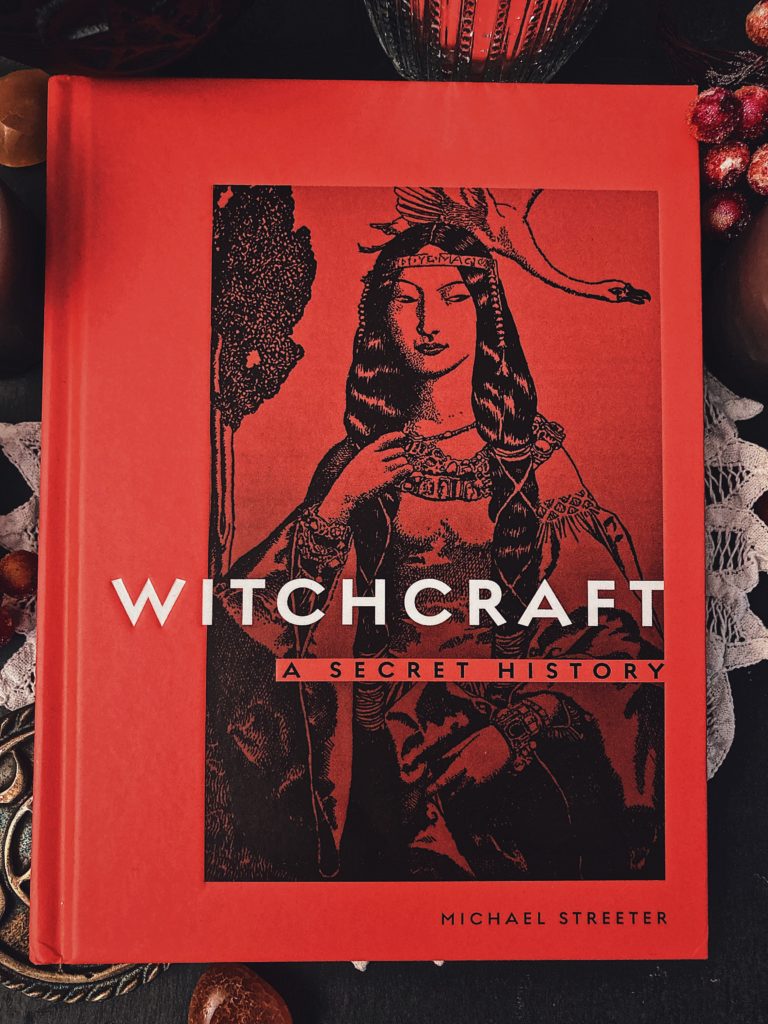
While I’m far from jaded and actually tend to enjoy reading different peoples’ takes on subjects that I am already quite familiar with, objectively, there wasn’t a lot in this book that was new to me.
For some people – especially those who are just starting out as witches/Wiccans or beginning to research the history of witchcraft for whatever reason – each page may be filled with information that is sparklingly new to them.
Though heavy subject matter is covered at times (as it should be in a book of this nature), overall, I found Witcraft: A Secret History to be a breezy read that I got through in no time at all.
The tone was lively and this history book flows nicely, leading one straight into the development of 20th and 21st-century witchery and Wicca.
Those looking for a more in-depth and/or academic overview of the history of witchcraft will likely either wish to search elsewhere or – and this is my personal recommendation – include Witchcraft: A Secret History as one of multiple books you read on the subject.
In particular, if you are seeking a deeper dive into the history of witchcraft and/or magick, I would suggest checking out the following titles (amongst others):
–A History of Magic, Witchcraft, and the Occult by DK
–A Storm of Witchcraft: The Salem Trials and the American Experience by Emerson W. Baker
–History of Witchcraft by Jeffery B. Russell and Brooks Alexander
–Magic: A History: From Alchemy to Witchcraft, from the Ice Age to the Present by Chris Gosden
–Obeah, Race and Racism: Caribbean Witchcraft in the English Imagination by Eugenia O’Neal
–The Occult, Witchcraft and Magic: An Illustrated History by Christopher Dell
–The Oxford Illustrated History of Witcraft and Magic by Owen Davies
–The Salem Witch Trials: A Day-by-Day Chronicle of a Community Under Siege by Marilynne K. Roach
–The Witch: A History of Fear, from Ancient Times to the Present by Ronald Hutton (Hutton’s books in general as a terrific source of information pertaining to the history of witchery and Paganism, including Druidism)
–Witchcraft in Europe, 400-1700: A Documentary History edited by Alan Charles Kors and Edward Peters
One point in particular that immediately struck me as a bit strange for a history book is the lack of academic citations, a bibliography, or even a further or suggested reading section at the end which might have given readers an idea of where the author sourced the information in this book from.
We can only speculate as to whether this was an unintentional oversight or a purposeful decision on the part of the author or their publisher. Either way, I felt that a lack of sources and/or bibliography weakened the accuracy with which that some readers may view the information presented in Witchcraft: A Secret History.
Nevertheless, with its undeniably attractive cover, promise of secret knowledge, and general overview of the history of witchcraft, this book has appeal for sure.
It is not my all-time favourite book on the history of witchcraft, but I enjoyed it all the same and appreciate the natural flow of how this Witchcraft: A Secret History is presented. Just as I did the mix of the author’s own take on certain subjects woven throughout his presentation of the historical facts and lore contained in this book.
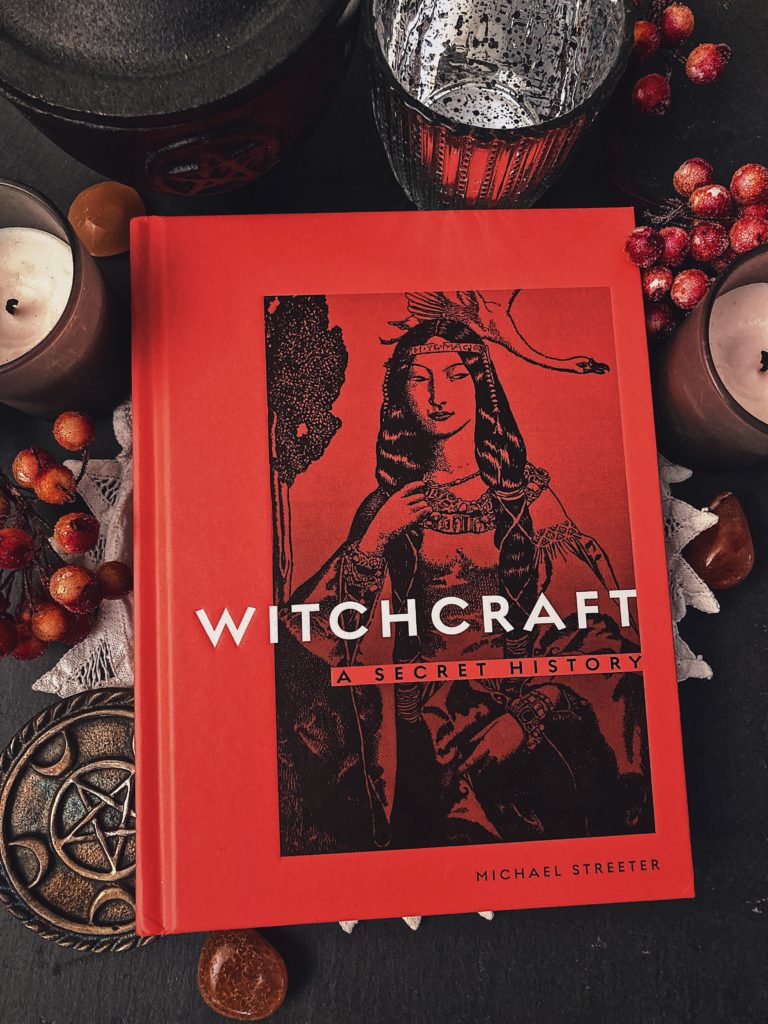
Is the title a bit clickbait-y? (Or would that be “readbait-y”?) You betcha!
Chances are many readers will understand as much going into this book, though, and won’t be wildly disappointed when they get to the end and are not in possession of some highly classified witchcraft intel. 😄
If you’re looking for a light overview of the history of witchcraft or a beginner book on the subject, you may want to pick this title up for yourself or to give as a gift.
Those who are well versed on the subject may still find this to be a pleasant read, however, you are unlikely to be blown away by this particular book.
Working on a scale of 1 – 5, with five being the highest possible rating, I would give Witchcraft: A Secret History book 3 stars out of 5.
★ ★ ★ ☆ ☆
Have you read Witchcraft: A Secret History? What is your favourite book on the history of witchcraft? 🧹📖🔮
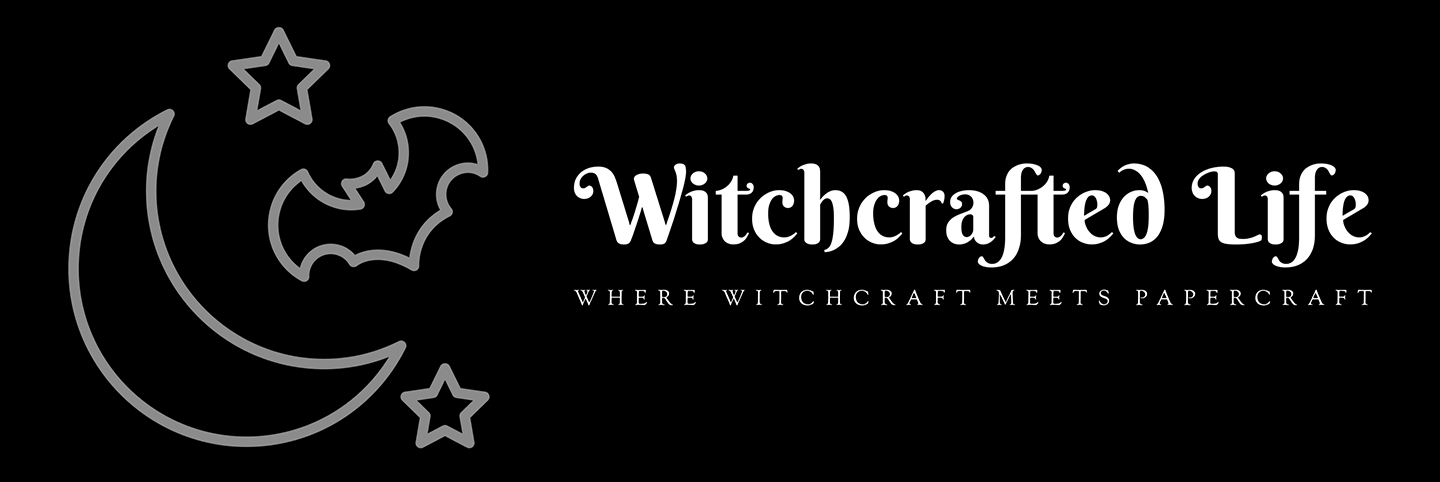
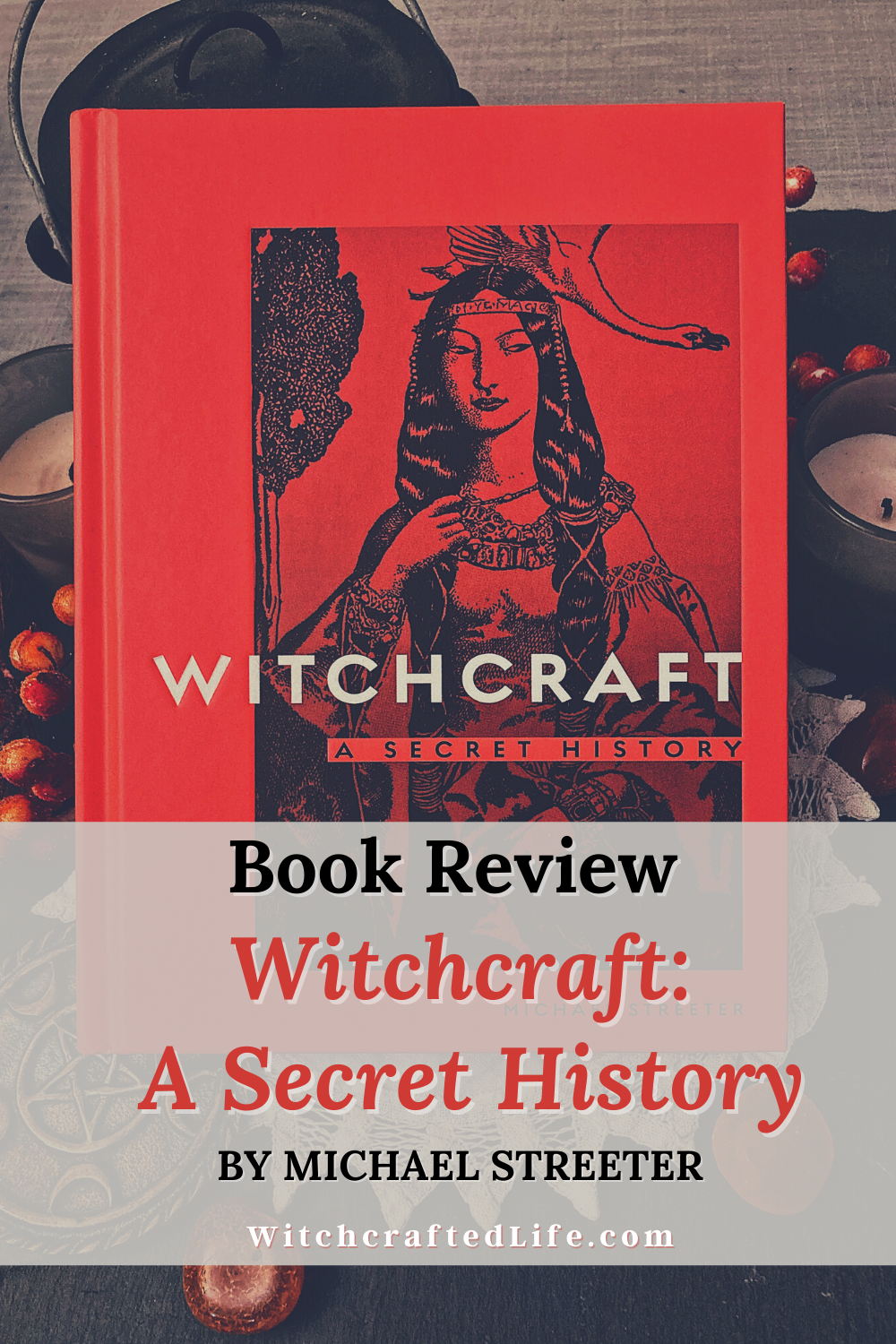
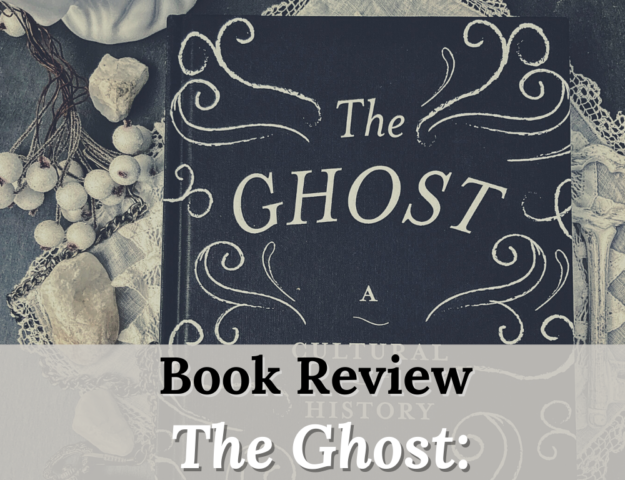
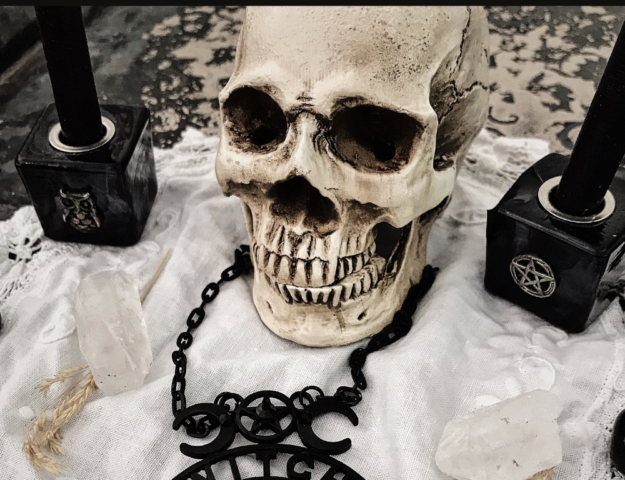
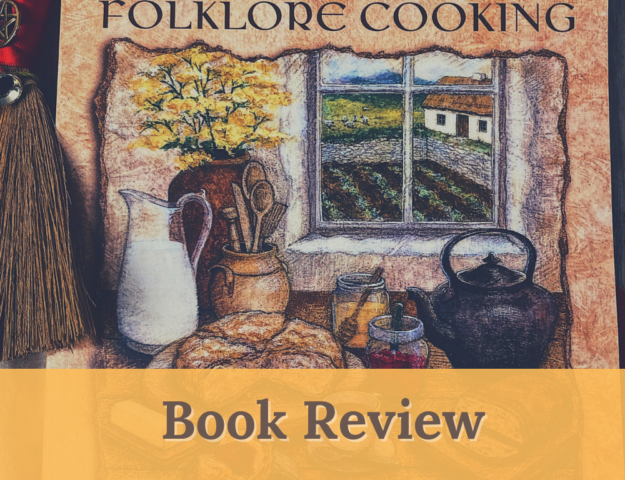
Your review is very well written and fair.
You look at this book about witchcraft from different perspectives.
I think you give a potential reader a perfect view into what kind of book it is.
Is the title a clickbait? It sounds like it might be to an extent, but the thing the term ‘secret history’ has been so overused it lost even clickbait quality. When I read ‘a secret history’ on a book title, I expect to find ordinary and available historical information but maybe about a topic that is not talked about often.
Anyway, I enjoyed reading your book review. I’m not currently particularly interested in reading about this topic, but I do appreciate your honest review.
Your recommendations for further reading about the topic of witchcraft sound wonderful.
All in all, this is a great and informative review and I think you rating 3/5 is very fair.